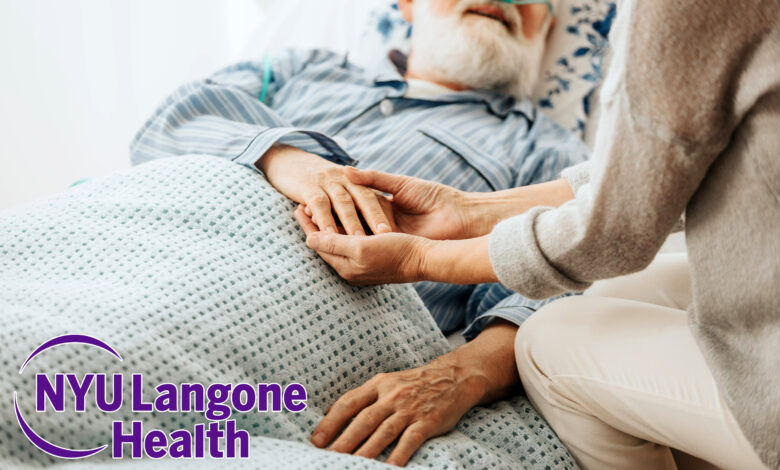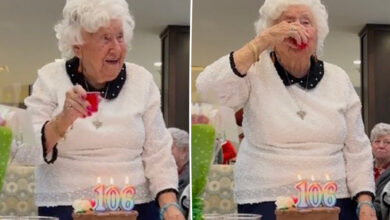Groundbreaking program brings hospital-quality care to home

There’s no place like home — and now hospitals are starting to recognize that as well.
For generations, we’ve been told that the best place to be when we are sick is in the hospital. But now, telemedicine, remote monitoring and frequent visits from nurses are allowing hospitals like NYU Langone to be at the forefront of caring for patients from the comfort of their own bed.
Jonathan Kelly, DO, medical director of the Hospital at Home Program at NYU Langone Hospital—Long Island, explains how a groundbreaking concept is changing the way patients recover by taking them away from the brick and mortar of the hospital and allowing them to heal in the comfort of their own home with the support of their family.
What is Home Hospital?
Home Hospital is a life-changing shift in medicine, which allows patients with acute ‘hospital-worthy’ illnesses to be cared for in the comfort of their home. By using telemedicine and remote patient monitoring, our team has 24/7 access to a patient’s real-time vital signs and clinical data, just as we would in the hospital. Patients receive at least two daily visits from an NYU nurse in their home, daily physician follow-ups, and all of the services we expect from a hospital—such as lab draws, imaging, IV medications, physical therapy, social work, and access to medical specialists. The goal is to create a literal ‘copy and paste’ of the hospital in the patients’ homes, while allowing them to heal in the place they know best.
How does a patient qualify?
We’ve worked closely with our medical board, a designated team of medical specialists that reviews the safety of programs, to outline specific diagnoses best suited for home hospital. Some of these include: skin infections (cellulitis), complicated urinary tract infections, chronic obstructive pulmonary disorder, pneumonia, and congestive heart failure. Patients are initially admitted to the hospital and once they are stable, are given the option to be transferred home. They must live within a pre-determined radius of the hospital so that they can be easily reached. We have contracted with a number of insurance companies, including Medicare, to be able to provide complete care for patients at home. If a patient chooses to participate in the program, they are often transferred home the same day.
Why is it beneficial?
If you’ve ever been hospitalized—woken up throughout the night, listening to monitors ringing, and sleeping in an uncomfortable bed, then it should be clear why recovering at home would be a great alternative.
We’ve seen numerous benefits to this new practice: the elderly do not experience confusion and delirium (a condition often needlessly extending their time in the hospital), the vulnerable are not exposed to additional infection risk, and the sick are allowed to sleep in their own bed while resting comfortably knowing that their vital signs are monitored continuously by dedicated clinical staff.
We have seen astounding success with respect to patient satisfaction, and receive letters every week from our patients saying how they would never want to be hospitalized any other way. By allowing patients to be placed back at the center of their own care, they are able to make more informed decisions, leading to better clinical outcomes and few unnecessary readmissions.
What if a person lives alone?
You don’t have to have a caretaker because help is just a phone call away. We can even send daily meals to patients to help support them, and if they want a doctor to make a house call, we can easily arrange one.
How successful is Home Hospital?
We’ve had no cases of hospital acquired infections or delirium in our patients. They have ranged in age from 23 to 102. Of more than 500 patients, only one requested to go back to the hospital, but blamed it on their personal fears of being at home. After tremendous success at one of its hospitals, NYU Langone is exploring opportunities to expand the program.
Jonathan Kelly, DO, is medical director of the Hospital at Home Program at NYU Langone Hospital—Long Island. He is also a clinical instructor in the Department of Medicine at NYU Grossman Long Island School of Medicine. Dr. Kelly went to school in Tennessee and always wanted to be a country doctor. He’s still making “house calls” through Home Hospital.




